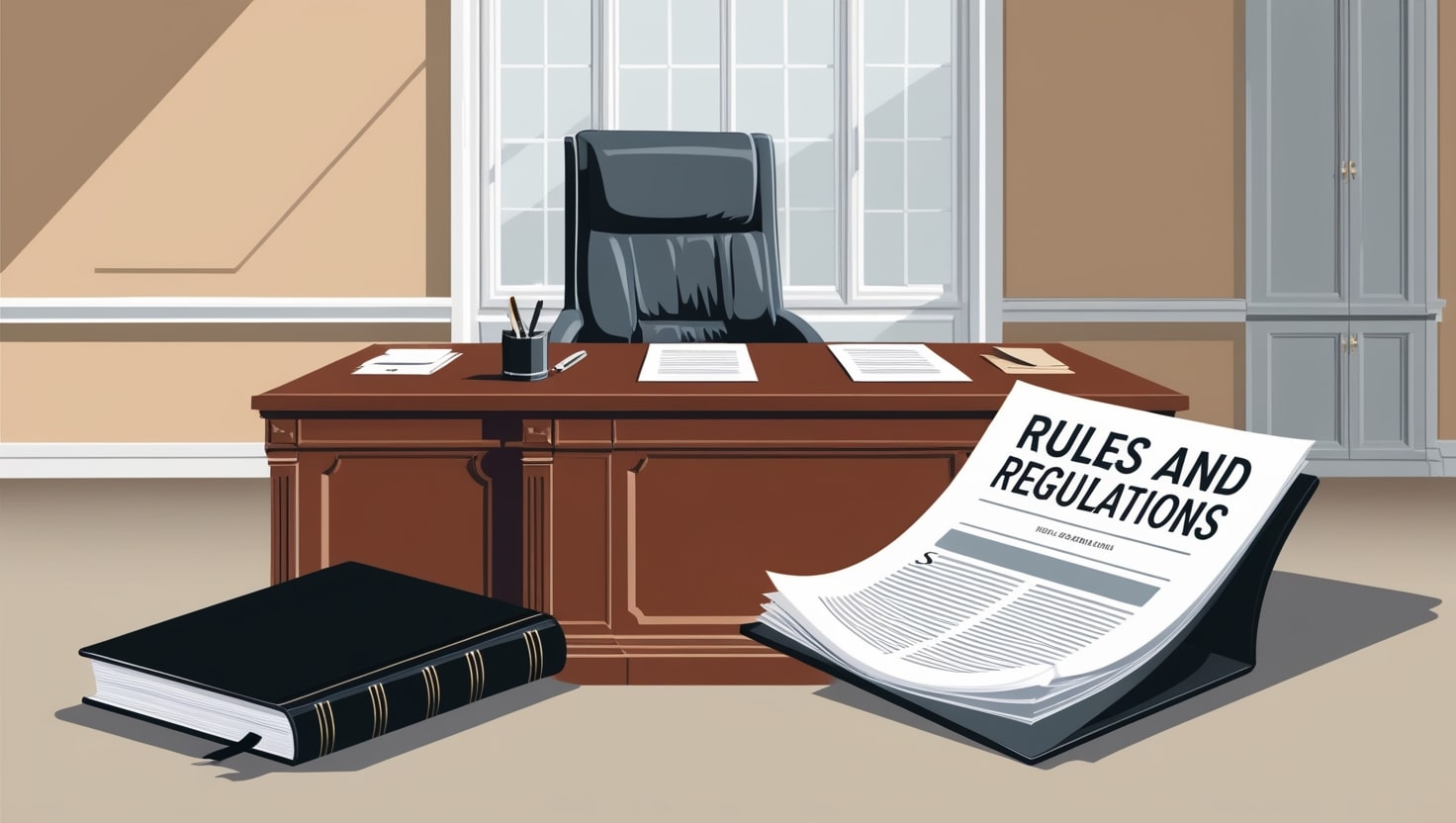Windsor And Maidenhead, United Kingdom Airbnb Rules & Regulations
Last updated on: 4th July, 2025


Last updated on: 4th July, 2025

Windsor has established a regulatory framework for short-term rentals, primarily aimed at ensuring safety, maintaining neighborhood character, and addressing housing concerns. Here are the key points of the regulations:
Licensing Requirement: All short-term rental operators must obtain a license to legally rent their properties on platforms like Airbnb and Vrbo. The licensing process requires a completed application, proof of property ownership, government-issued ID, a floor plan, and proof of insurance with at least $2 million in liability coverage. The initial license fee is $232, with an annual renewal fee of $191.
Primary Residence Rule: The property listed as a short-term rental must be the operator’s primary residence, which aims to limit the practice of investors acquiring multiple properties for short-term rental use, preserving long-term housing availability.
Health and Safety Compliance: Short-term rentals must adhere to health and safety standards, including the installation of smoke detectors, carbon monoxide detectors, and fire extinguishers. Emergency contact information must also be clearly posted.
Tax Obligations: Windsor has a Municipal Accommodation Tax (MAT) of 4% on short-term rentals, alongside a 13% Harmonized Sales Tax (HST). Hosts are responsible for collecting the MAT from guests and remitting it to the city quarterly.
Enforcement: Enforcement of these regulations is reported to be somewhat inconsistent, often driven by complaints rather than proactive monitoring. Hosts have indicated that they can operate unlicensed without immediate repercussions, although this approach carries risks of future enforcement crackdowns.
In Maidenhead, the regulatory landscape for short-term rentals may not be as explicitly defined as in Windsor, but there are general guidelines applicable across England:
Planning Permissions: Owners of properties intended for short-term letting may need to obtain planning permission depending on the duration and nature of the rental. Generally, letting for less than 140 days in a year can avoid the need for a specific planning process, depending on local council regulations.
Safety Standards: Hosts must comply with safety regulations which typically cover aspects such as fire safety measures, property maintenance, and tenant safety. This includes ensuring that properties are equipped with smoke alarms and carbon monoxide detectors.
Taxes: Operators are also responsible for taxation, which may include local council tax or business rates, depending on how the property is classified.
Short-Term Rental Market: There has been a growing trend of short-term rentals facilitated through platforms like Airbnb in Maidenhead, which is influenced by its proximity to London and various tourist attractions. This growth may lead to more formalized regulations in response to community concerns about noise and neighborhood disruption.
Both Windsor and Maidenhead have regulations designed to manage the impact of short-term rentals on their communities while allowing property owners to take advantage of the growing demand for short-term accommodations. Windsor's stringent licensing and primary residence rules contrast with Maidenhead's evolving approach, which may still see changes given the expanding popularity of short-term rentals in the area. Hosts in both locales should remain informed about current regulations and any anticipated changes to ensure compliance and avoid potential sanctions.